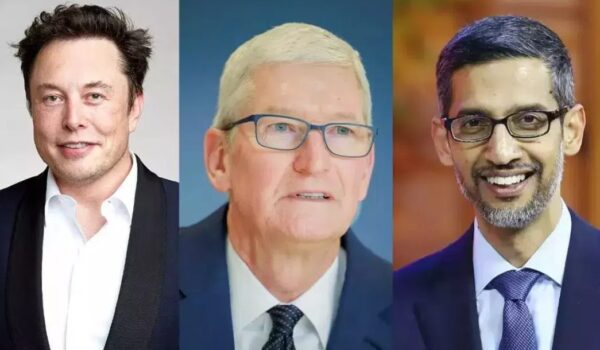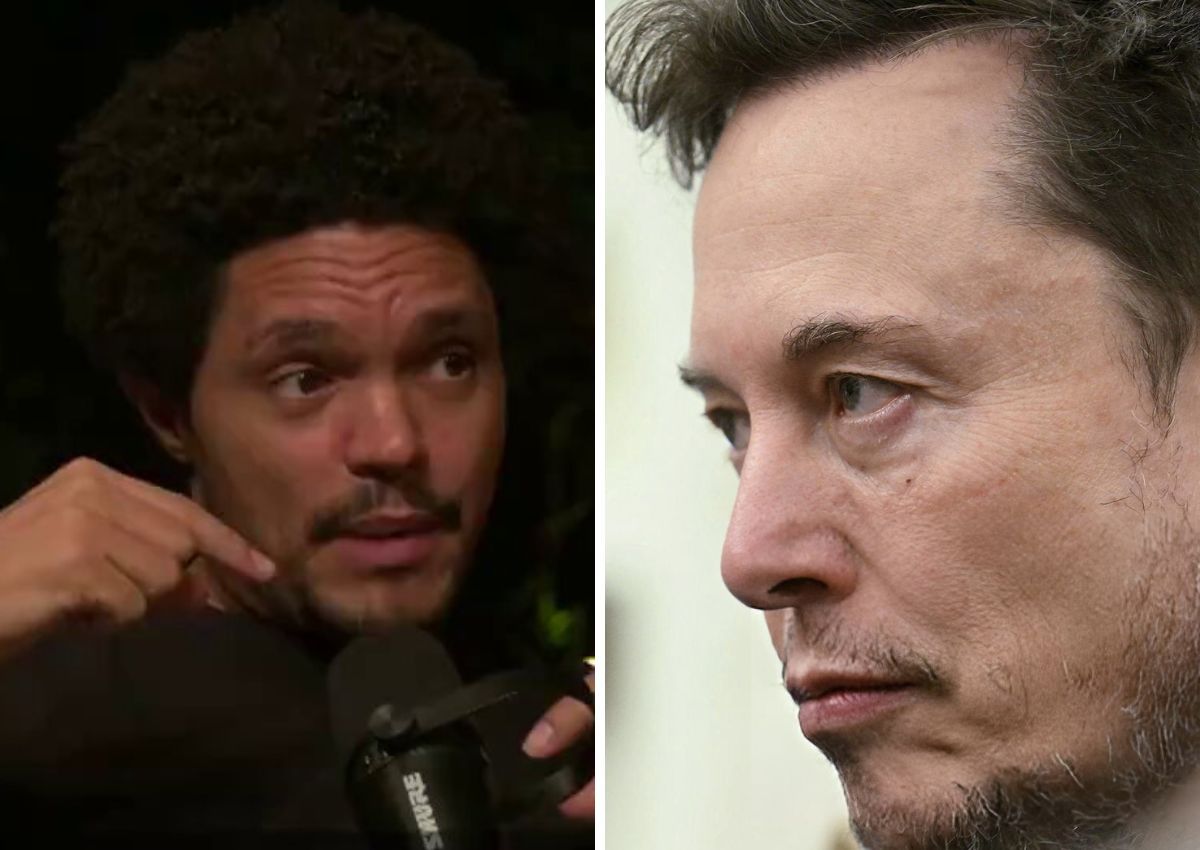1 Views
Becoming a CEO is one of the most ambitious career goals someone can have.
CEOs make high-stakes decisions, manage complex organisations, and lead teams toward strategic goals.
Let’s dive into the degrees most CEOs pursue and what the data tells us about how to prepare for a career at the top.
The Educational Background of CEOs)
- 53% of CEOs held either a Bachelor of Arts or a Bachelor of Business Administration.
- 47% held a Bachelor of Science, and of those, nearly half studied business-related fields like Accounting, Finance, or Economics.
- CEOs in tech-heavy companies often have engineering degrees. For instance, Apple CEO Tim Cook studied Industrial Engineering, and Alphabet’s Larry Page earned a degree in Computer Engineering.
- Some CEOs held non-business-related degrees. For example, Goldman Sachs’ Lloyd Blankfein majored in History, while Gail Boudreaux of Anthem studied Psychology and Sociology.
Master’s Degrees & MBAs)
What Degrees Do CEOs Typically Hold?
1. Finance
2. Business Administration
3. Engineering
4. Management
5. Computer Science
6. Political Science
7. Communications
8. Healthcare Administration
Is a Degree Enough to Become a CEO?
- Years of work experience in your chosen field
- Proven leadership skills
- Strategic thinking and decision-making
- Industry knowledge and innovation
- A strong professional network














